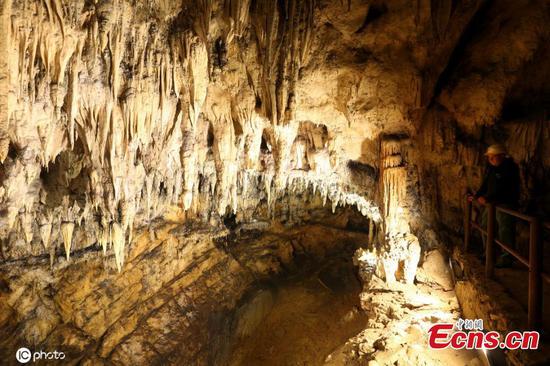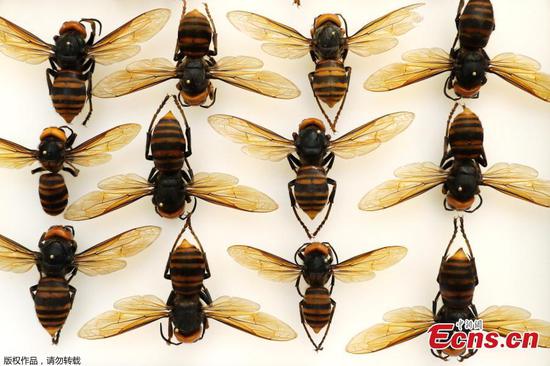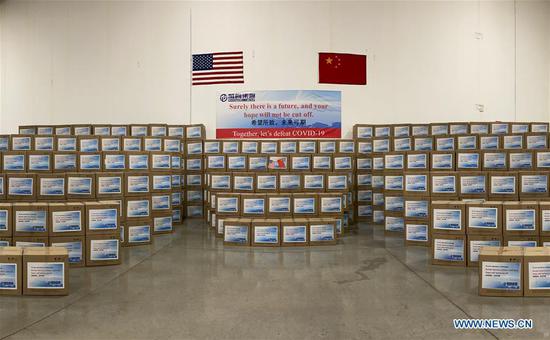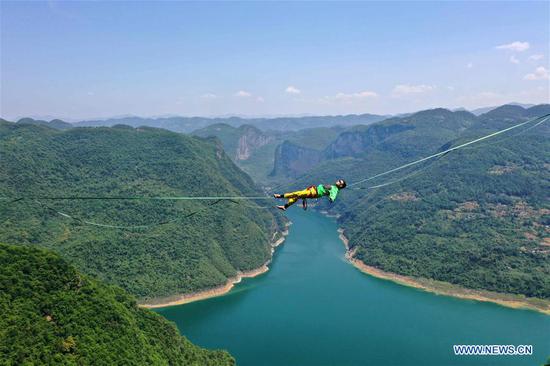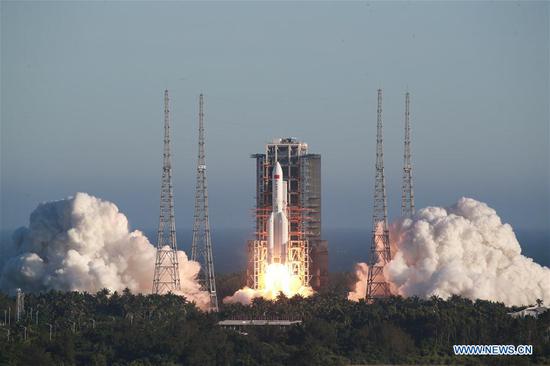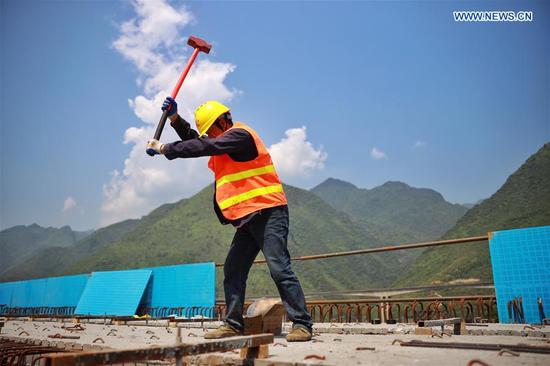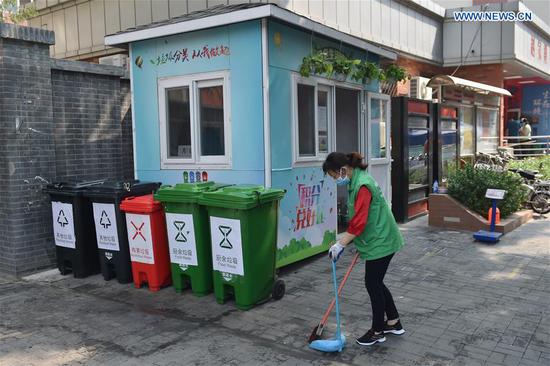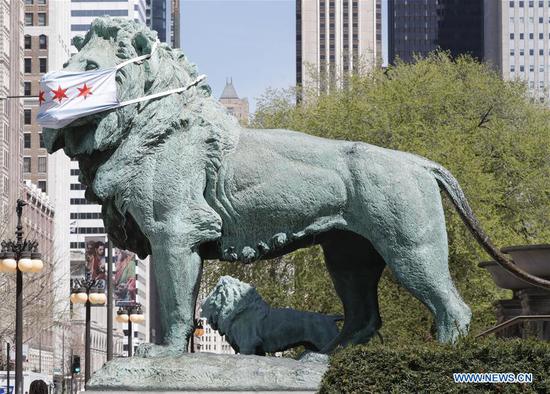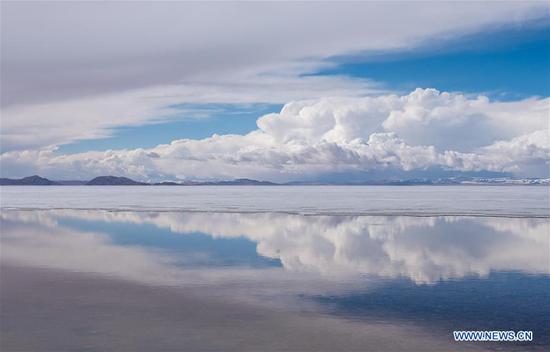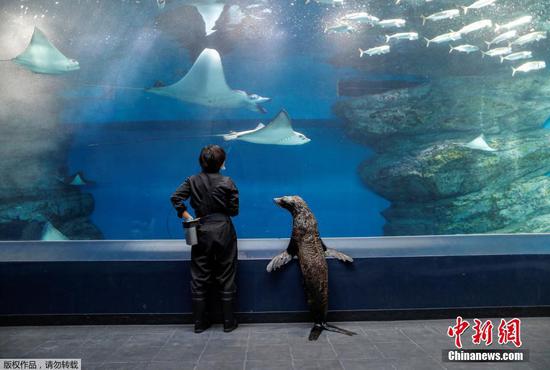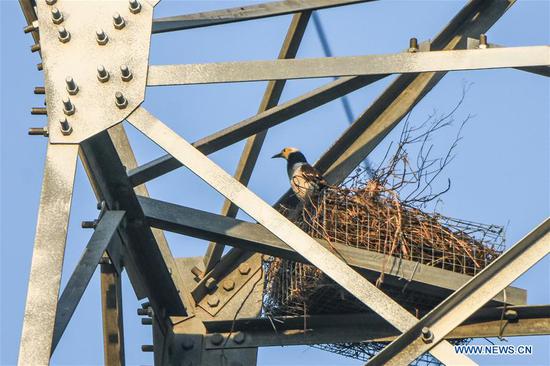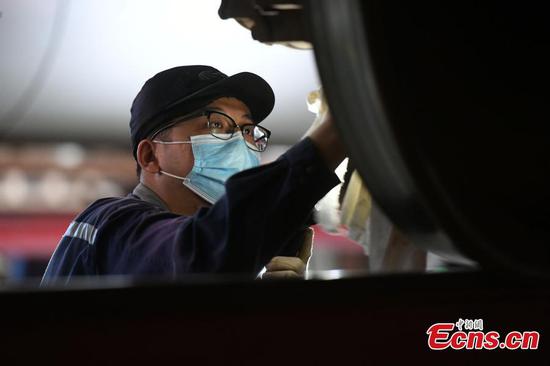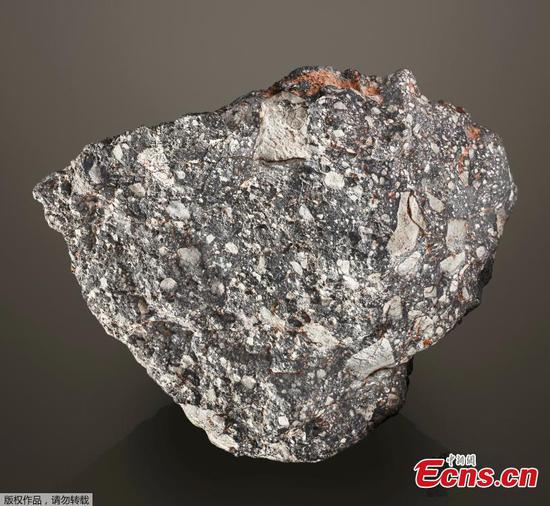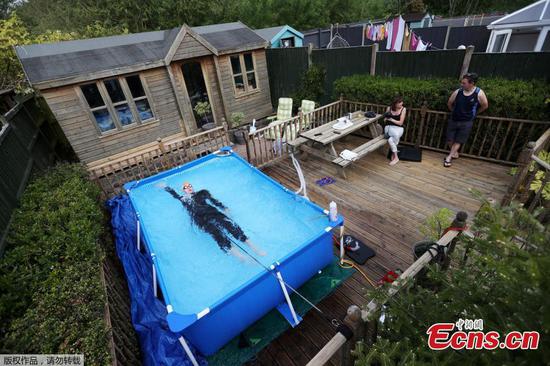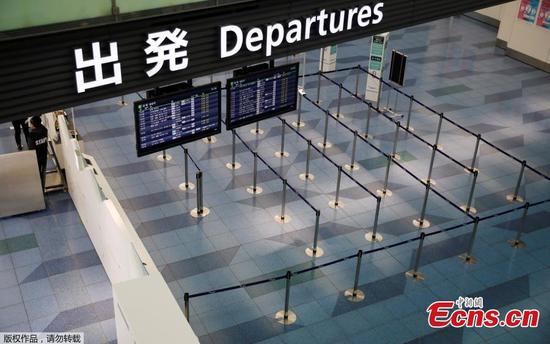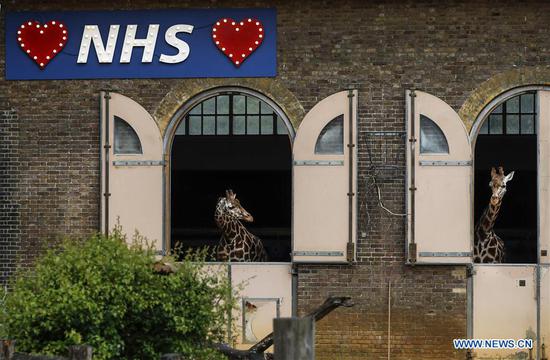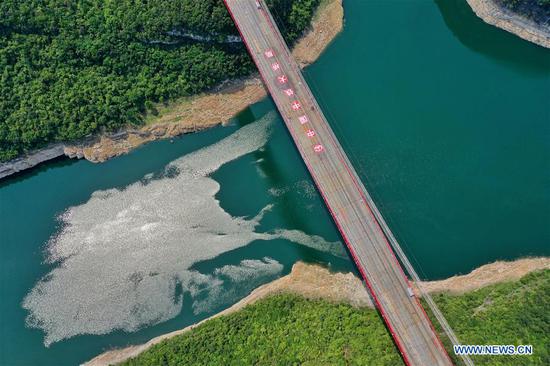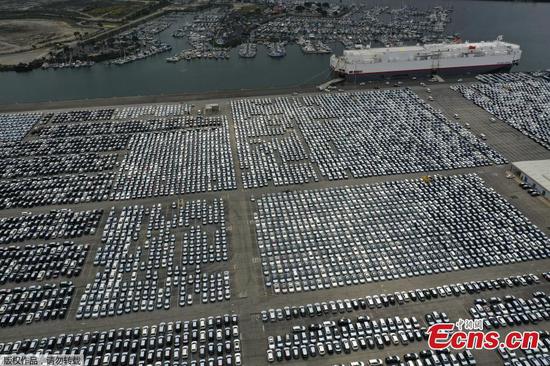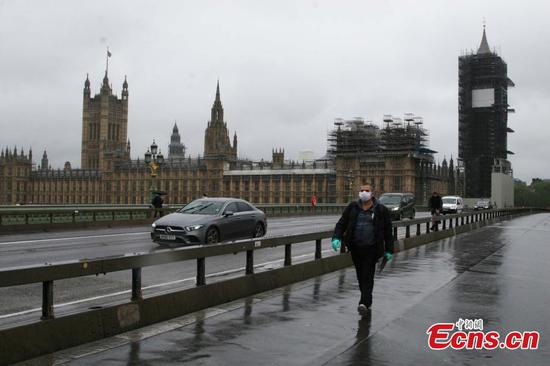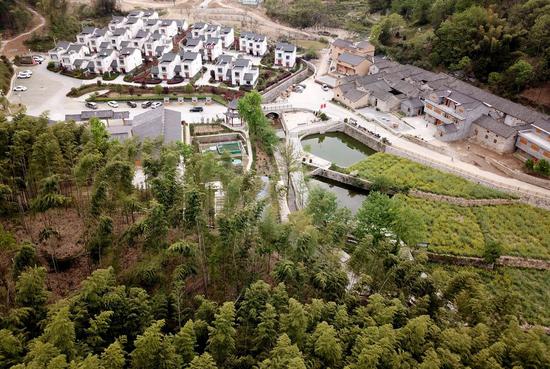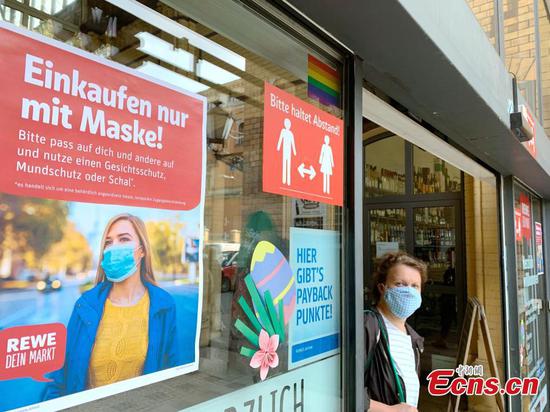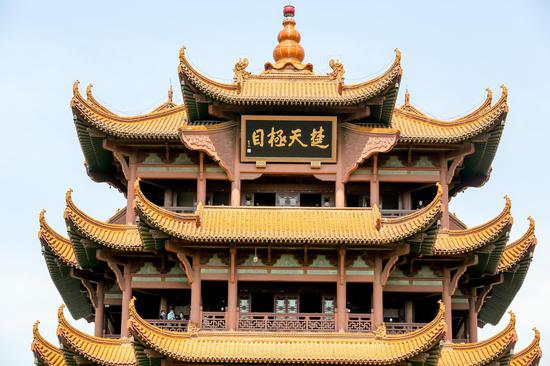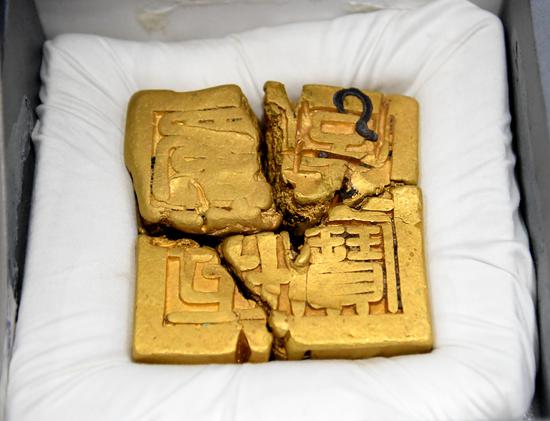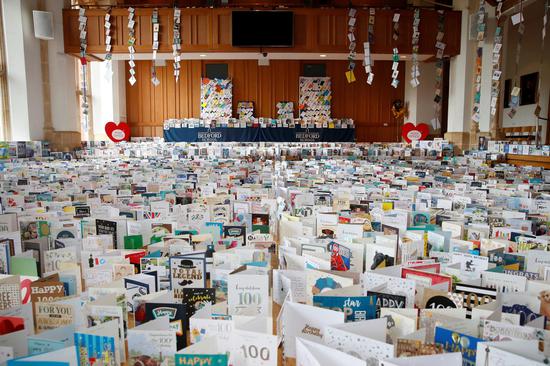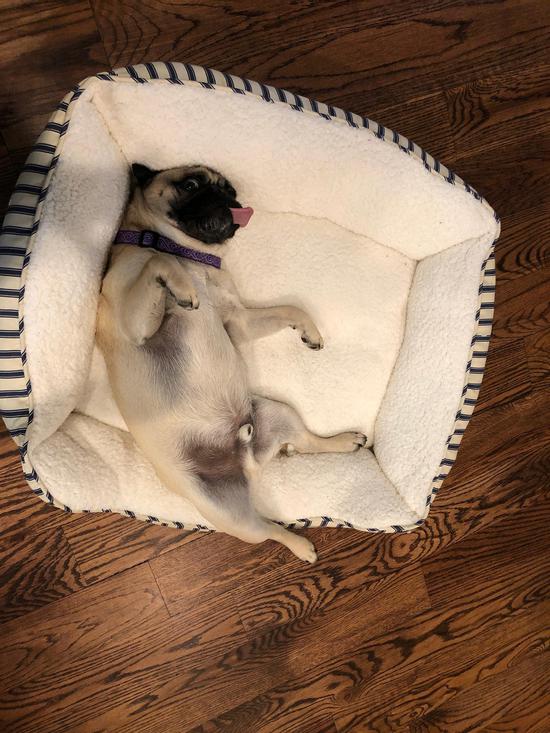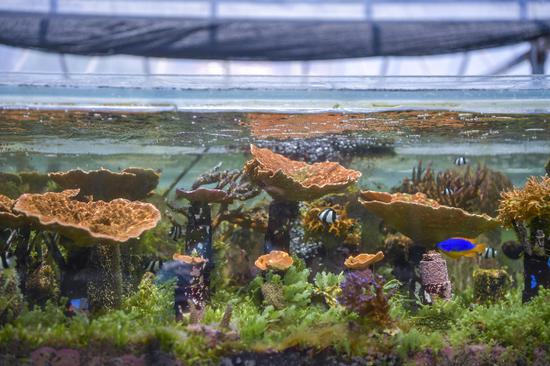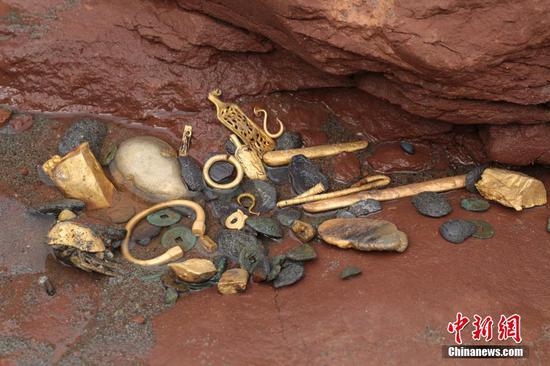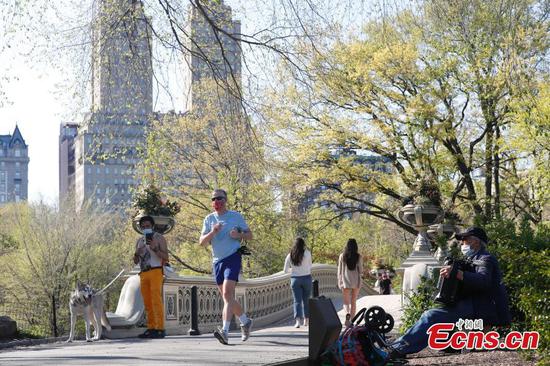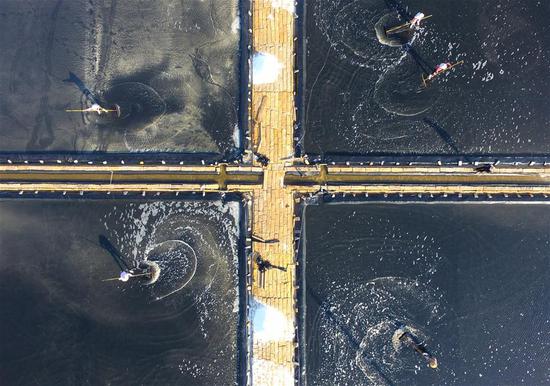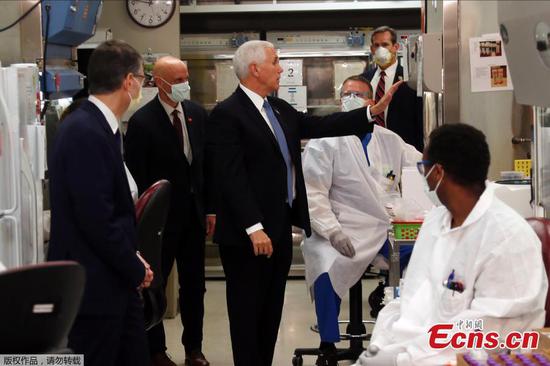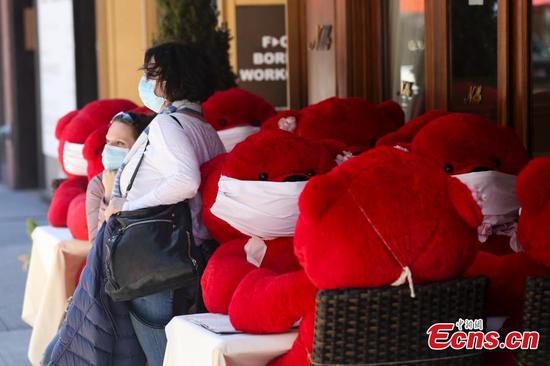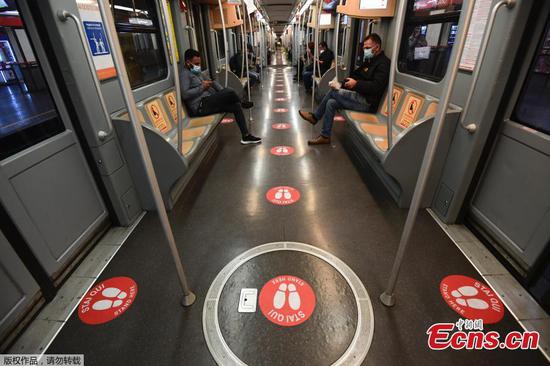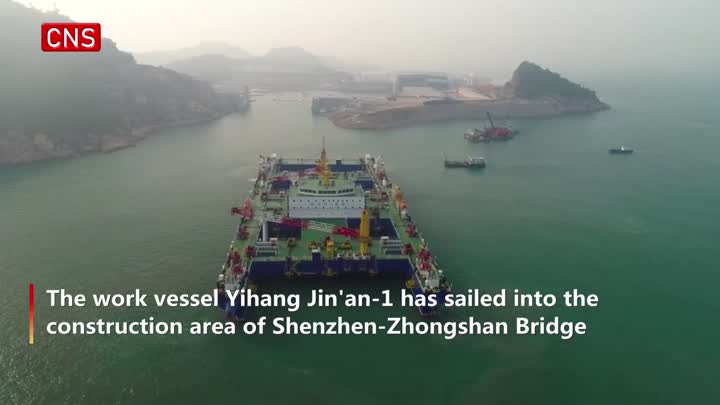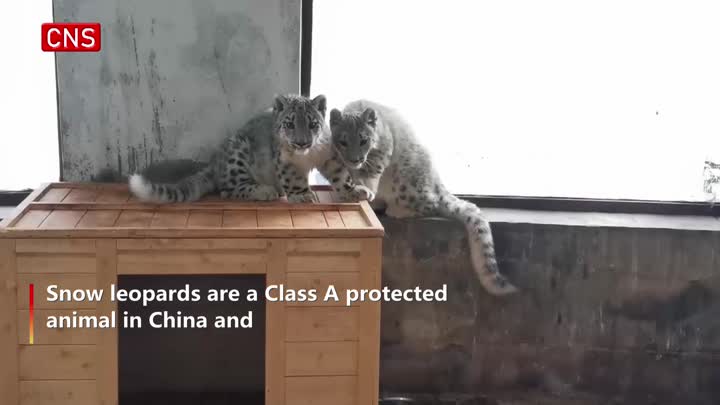Funds promised by nations, charities to be used for vaccine, test kit, treatment
Governments, charities and celebrities on Monday committed 7.4 billion euros ($8.03 billion) to global efforts for a medical response to the novel coronavirus pandemic covering work on test kits, treatments and vaccines.
The money raised on the first day of the pledging event fell short of the 7.5 billion euro target, but European Commission President Ursula von der Leyen said after the virtual conference that the commitment amounted to more than $8 billion because "the exchange rate is friendly to us".
"I am very proud and I am relieved that the start of this very important project was so successful," von der Leyen, who hosted the video conference, said in a statement.
Of the initial 7.5 billion euros, 4 billion euros will be poured into vaccine development, 2 billion euros into research for treatments and 1.5 billion euros for producing tests.
The pledge came 10 days after the World Health Organization and a group of governments, foundations and corporations launched on April 24 a collaboration for the accelerated development, production and equitable global access to COVID-19 tests, drugs and vaccines, known as ACT Accelerator.
United Nations Secretary-General Antonio Guterres on Monday described the 7.5 billion euros as "a kind of down payment".
"But to reach everyone, everywhere, we will likely need five times that amount." he said.
The event was co-led by the EU, France, Germany, Japan, Norway, Canada, Italy, Spain and the United Kingdom, with the noticeable absence of the United States.
Leaders pledged that each euro or dollar will be channeled through global health organizations such as CEPI, Gavi, the Vaccines Alliance, the Global Fund and Unitaid.
A coordinated push
"Today, countries came together not only to pledge their financial support, but also to pledge their commitment to ensuring all people can access lifesaving tools for COVID-19, accelerating development of products, but at the same time, access for all," said WHO Director-General Tedros Adhanom Ghebreyesus.
European Council President Charles Michel said that the vaccines, treatments and therapies will be crucial for Europe.
"But even more critical for our most vulnerable partners with fragile health systems, such as Africa. They must be at the heart of our solidarity," he said.
French President Emmanuel Macron, who pledged 500 million euros from his country, called for a coordinated push to fight the disease.
"No one would understand us wasting time, no one would understand us dispersing the money, no one would understand why the day we have a vaccine somewhere we wouldn't give ourselves the ability to produce it as quickly as possible for everyone, everywhere in the planet," he said.
British Prime Minister Boris Johnson, who has just recovered from COVID-19, said: "None of us can succeed alone". He called for "developing and mass-producing a vaccine".
Italian Prime Minister Giuseppe Conte said: "Faced with an unprecedented global threat, the international community has only one effective option to defeat the virus: cooperation."
Italy has the highest death toll from COVID-19 in Europe.
Zhang Ming, head of the Chinese mission to the EU, said that China will take further steps, including expanding a special fund on COVID-19 cooperation as necessary and considering donating to the UN Global Humanitarian Response Plan.
"China will take an active part in the COVID-19 ACT Accelerator program launched by WHO and other parties," Zhang said.
The US absence from the meeting has drawn criticism at home and comes after the country halted its funding of the WHO.
Samantha Power, a former US ambassador to the UN, said on Twitter that Madonna played a bigger role than the United States in the pledge event, referring to the US pop star who pledged 1 million euros on Monday.
"The Trump administration didn't bother to show up," she wrote on Monday.









